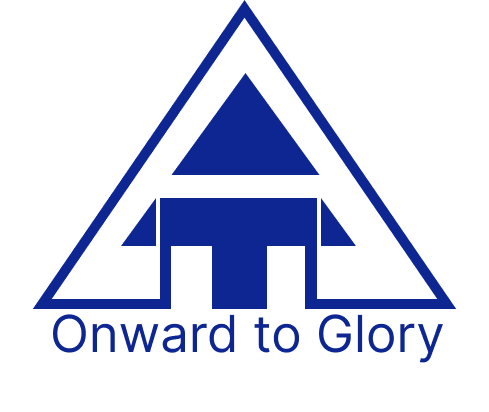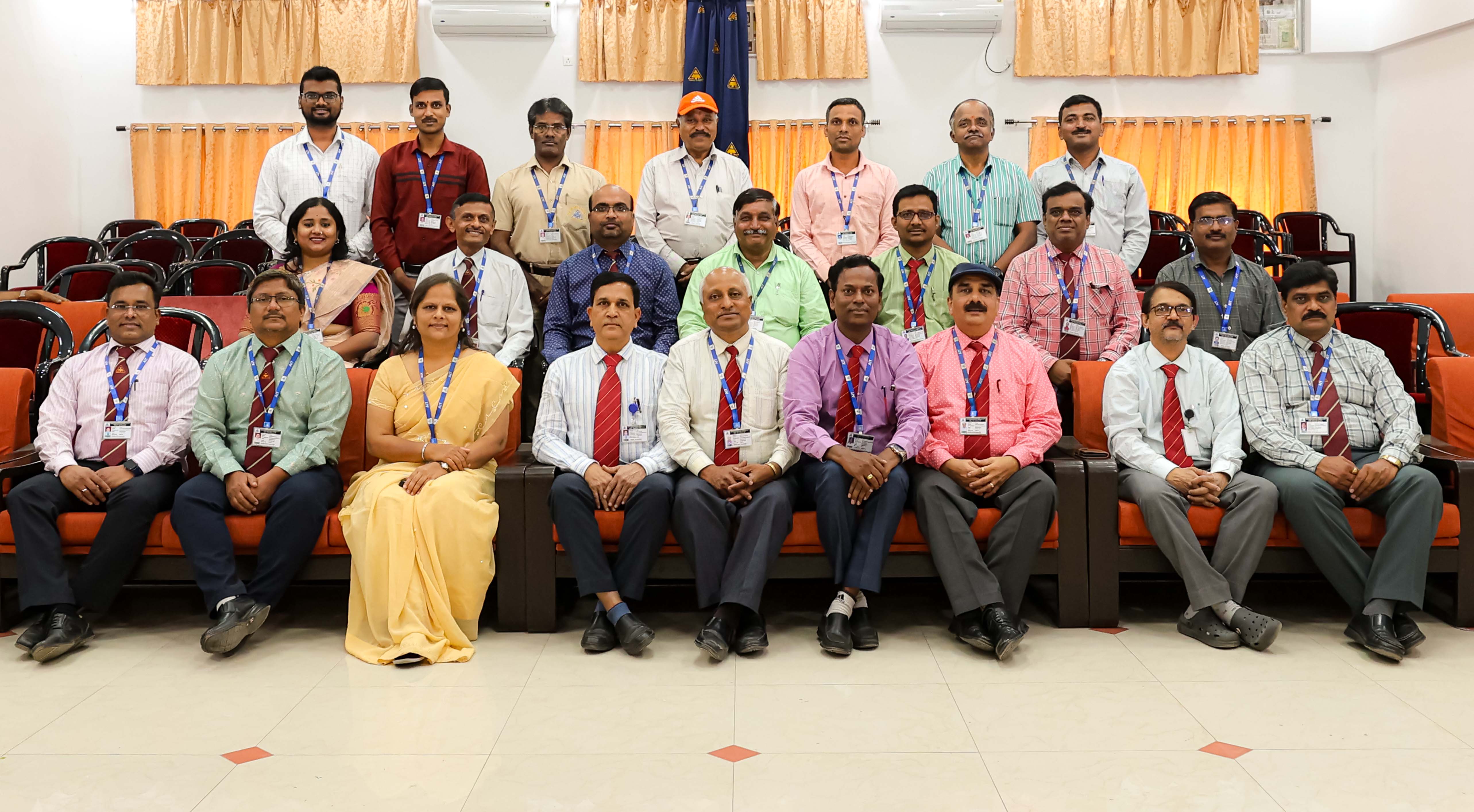Program Outcomes (POs)
1. Engineering knowledge: Apply the knowledge of mathematics, science, engineering fundamentals, and an engineering specialization to the solution of complex engineering problems.
2. Problem analysis: Identify, formulate, review research literature, and analyze complex engineering problems reaching substantiated conclusions using first principles of mathematics, natural sciences, and engineering sciences.
3. Design/development of solutions: Design solutions for complex engineering problems and design system components or processes that meet the specified needs with appropriate consideration for the public health and safety, and the cultural, societal, and environmental considerations.
4. Conduct investigations of complex problems: Use research-based knowledge and research methods including design of experiments, analysis and interpretation of data, and synthesis of the information to provide valid conclusions.
5. Modern tool usage: Create, select, and apply appropriate techniques, resources, and modern engineering and IT tools including prediction and modeling to complex engineering activities with an understanding of the limitations.
6. The engineer and society: Apply reasoning informed by the contextual knowledge to assess societal, health, safety, legal and cultural issues and the consequent responsibilities relevant to the professional engineering practice.
7. Environment and sustainability: Understand the impact of the professional engineering solutions in societal and environmental contexts, and demonstrate the knowledge of, and need for sustainable development.
8. Ethics: Apply ethical principles and commit to professional ethics and responsibilities and norms of the engineering practice.
9. Individual and team work: Function effectively as an individual, and as a member or leader in diverse teams, and in multidisciplinary settings.
10. Communication: Communicate effectively on complex engineering activities with the engineering community and with society at large, such as, being able to comprehend and write effective reports and design documentation, make effective presentations, and give and receive clear instructions.
11. Project management and finance: Demonstrate knowledge and understanding of the engineering and management principles and apply these to one's own work, as a member and leader in a team, to manage projects and in multidisciplinary environments.
12. Life-long learning: Recognize the need for, and have the preparation and ability to engage in independent and life-long learning in the broadest context of technological change.
Program Specific Outcomes (PSO's)
1. Ability to identify, formulate and solve real world engineering problems in three core streams of Mechanical Engineering namely, Design engineering, Thermal-fluids engineering and Manufacturing engineering
2. Ability to design, develop and test a cost effective and efficient system(s) for engineering application from concept to manufacture
3. Utilize industry oriented software tools using Virtual and Robust engineering methods to design, optimize and develop product
4. Provide a platform to generate interest in futuristic areas such as Electrical Vehicles, Systems Engineering, Artificial Intelligence and Machine Learning, Energy Management, Additive Manufacturing and Automation
Salient Features
1. Department is NBA accredited
2. Received grant of Rs 5,10,000 from BCUD
3. Received grant of Rs 25,00,000 from AICTE under MODROBS
4. SAE (India), AIT Chapter involved in BAJA/SUPRA Automotive Competitions
Faculty Contribution
- Faculty involved in restructuring Savitribai Phule Pune University (SPPU) Curriculum
- Faculty members contribution in SPPU Syllabi development
- Five doctoral faculty members and seven pursuing PhD
- Participation in workshops, seminars, consultancy, conferences,..
Infrastructure
- Well equipped laboratories
- Project Innovation laboratory sponsored by 3DPLM (Dassault Systemes)
- 3DExperience Training and Certification centre
- Video Conferencing facility with interactive and remote class conduction feature
- All classrooms with modern teaching aids and internet connectivity
- Faculty rooms with computing and internet facility
- State of the art computing facilities with globally popular software
Students Centered Activities
- Student internships and interface with industry
- Value added courses beyond curriculum
- Project based learning, Extra Tutorials, Flipped classrooms,...
- Participation in national and international level competitions such as SAE(India) BAJA/SUPRA, Robocons, Hackathons,...
- Workshops, seminars and guest lectures
- Skill development, employability, soft skills, aptitude training and assessment
Laboratories and Software
- Fifteen well equipped labs
- All labs with modern test rigs, trainers and software
- Well staffed and equipped Workshop complex with CNC capability
The department has following laboratories:
- Computer Aided Drawing (CAD) I & II
- Strength of Material
- Thermal Engineering
- IC Engines
- Theory of Machines
- Dynamics of Machinery
- Fluid Engineering and Mechatronics
- Heat Transfer
- Machine Shop
- Metallurgy
- Measurements and Quality Control
- Research and Projects
- Computer Aided Engineering (CAE)
- Computer Aided Manufacturing (CAM)
- Drawing Halls
- SAE-AIT Fabrication Facility
Software
- CAD: CATIA, Pro/Engineer, AutoCAD, CADIAN
- CAE (FEA): SIMULIA (ABAQUS), NASTRAN, ANSYS, Pro/Mechanica
- Kinematics: ADAMS, Pro/Motion, SAM
- CAE (CFD): Star CCM+, ANSYS (Fluent)
- CAM: MasterCAM
- Suites: CREO, HyperWorks, 3DExperience
Achievements
- University Rank Holders
- Winner of Inter and Intra collegiate Technical and Cultural events consistently .
Result & Placement
- Consistent excellent results and University rankers
- More than 85% Campus Placement
MOUs
- CD-Adapco
- Mahasainik Estate
- 3DPLM (Dassault Systemes)
- SKF
- CADCAMGURU


